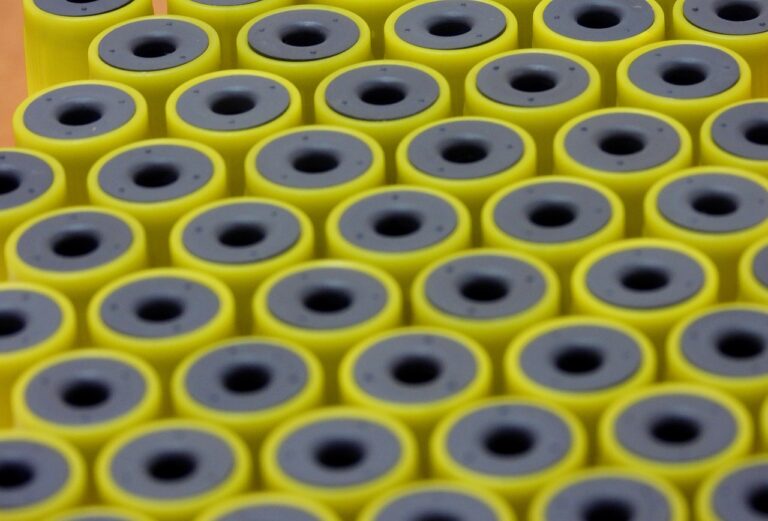Fertility Treatment Options for Women with Luteal Phase Defect
11xplay, tigerexch247 login, booki bet: Fertility Treatment Options for Women with Luteal Phase Defect
Are you struggling to conceive and have been diagnosed with luteal phase defect? You’re not alone. Many women face fertility issues due to this condition, but there are treatment options available to help you achieve your dream of starting a family. In this blog post, we’ll explore the various fertility treatment options for women with luteal phase defect.
What is a Luteal Phase Defect?
Before we dive into the treatment options, let’s first understand what luteal phase defect is. The luteal phase is the second half of your menstrual cycle, which occurs after ovulation. During this phase, the lining of your uterus thickens in preparation for a fertilized egg to implant. If you have a luteal phase defect, your body may not produce enough progesterone to maintain a healthy uterine lining, making it difficult for a fertilized egg to implant and grow.
Fertility Treatment Options:
1. Hormone Therapy:
One common treatment for luteal phase defect is hormone therapy. Your doctor may prescribe progesterone supplements to support your body’s natural hormone levels and help maintain a healthy uterine lining. These supplements can be in the form of pills, injections, or vaginal suppositories.
2. Clomiphene Citrate:
Clomiphene citrate is a medication that can help stimulate ovulation in women with luteal phase defect. By triggering the release of eggs from your ovaries, this medication can improve your chances of conceiving.
3. Intrauterine Insemination (IUI):
IUI is a fertility treatment that involves placing sperm directly into your uterus near the time of ovulation. This procedure can bypass any issues with the luteal phase and increase the likelihood of a successful pregnancy.
4. In Vitro Fertilization (IVF):
IVF is a more advanced fertility treatment option for women with luteal phase defect. During IVF, eggs are retrieved from your ovaries and fertilized in a lab before being implanted into your uterus. This procedure can be highly effective for couples struggling to conceive naturally.
5. Lifestyle Changes:
In addition to medical treatments, making lifestyle changes can also help improve your chances of conceiving with luteal phase defect. Maintaining a healthy weight, reducing stress, and avoiding alcohol and tobacco can all have a positive impact on your fertility.
6. Acupuncture:
Some women with luteal phase defect have found acupuncture to be helpful in improving their chances of conceiving. Acupuncture can help regulate hormone levels, reduce stress, and improve blood flow to the reproductive organs.
7. Herbal Remedies:
Certain herbal remedies, such as chasteberry and black cohosh, have been used to treat luteal phase defect and improve fertility. However, it’s essential to consult with a healthcare provider before trying any herbal supplements to ensure they are safe and effective for you.
FAQs:
1. Can luteal phase defect be cured?
While luteal phase defect can be managed with treatment, it may not be completely cured. However, many women with this condition can still conceive with the help of fertility treatments.
2. How is luteal phase defect diagnosed?
Luteal phase defect can be diagnosed through blood tests to measure hormone levels, ultrasound scans to assess the uterine lining, and tracking your menstrual cycle to identify any irregularities.
3. Are there any natural remedies for luteal phase defect?
In addition to medical treatments, lifestyle changes such as maintaining a healthy diet, exercising regularly, and reducing stress can help improve your fertility with luteal phase defect.
In conclusion, if you’ve been diagnosed with luteal phase defect and are struggling to conceive, know that there are fertility treatment options available to help you start a family. By working with your healthcare provider to explore these options and make lifestyle changes, you can increase your chances of conceiving and fulfilling your dreams of parenthood. Don’t lose hope, and remember that you are not alone in this journey.







